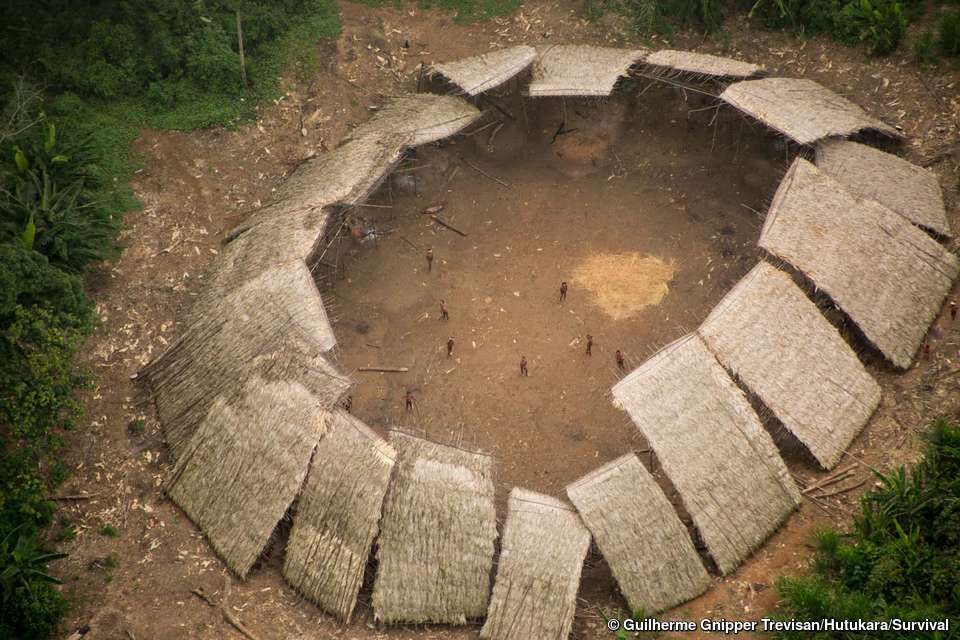” The stakes are high. Isolated tribes rarely have immunity to pathogens brought by outsiders, and the Indigenous population in South America has been decimated by disease since first contact with European colonists. “
The above quote comes from an interview with assistant medical professor at the University of Toronto Kerry Bowman. Bowman teaches students about global health ethics and writes for the United Nations’ Environment Program (UNEP), he has done a lot of research in very remote areas in the world – such as the Amazon. The Amazon forest is the most concentrated expression of life on Earth, home to about one-third of our Earth’s terrestrial life forms, and plays a massive role in absorbing carbon and moderating climate. Providing formal land ownership titles to Indigenous communities is one of the most effective ways to preserve endangered rainforest in the Amazon. A recent study was conducted by analyzing satellite data and land ownership certificates; researchers compared forest cover on territory before and two years after it was titled Indigenous-protected land. Forest decline dropped 75 per cent once it was formally granted to Indigenous communities.
Once again, it goes to show that the most isolated indigenous communities are very important for the preservation of our planets’ biodiversity, as long as they remain untouched. Yet again, many have traveled to these remote communities to learn more about how they live, spreading disease to which these people are not immune, imposing on them an outside force they have not asked for. Many governments, such as the Peruvian, have gone into these communities with anthropologists and physicians to inoculate them against infectious disease. However, the dynamics remain the same, as these tribal people often do not want any contact to begin with and don’t live by any government rule to begin with.
It raises a lot of questions about power structures that have been going on ever since the first european colonists entered indigenous territories in the 15th century, and about how dominant cultures are continuously destroying the local ones. According to Bowman, we should re-examine our decision-making when it comes to contacting the uncontacted and let the indigenous people decide for themselves. This is not only a matter of governance, but a question of human rights being violated over and over again.
The 2007 United Nations’ Declaration on Rights of the Indigenous People (UNDRIP) clearly states that all indigenous people are entitled to self governance, sadly this is not the case if we continue to make decisions for them and deny them their opinions.
Want to get more information on the background of UNDRIP? Please watch the video below:

